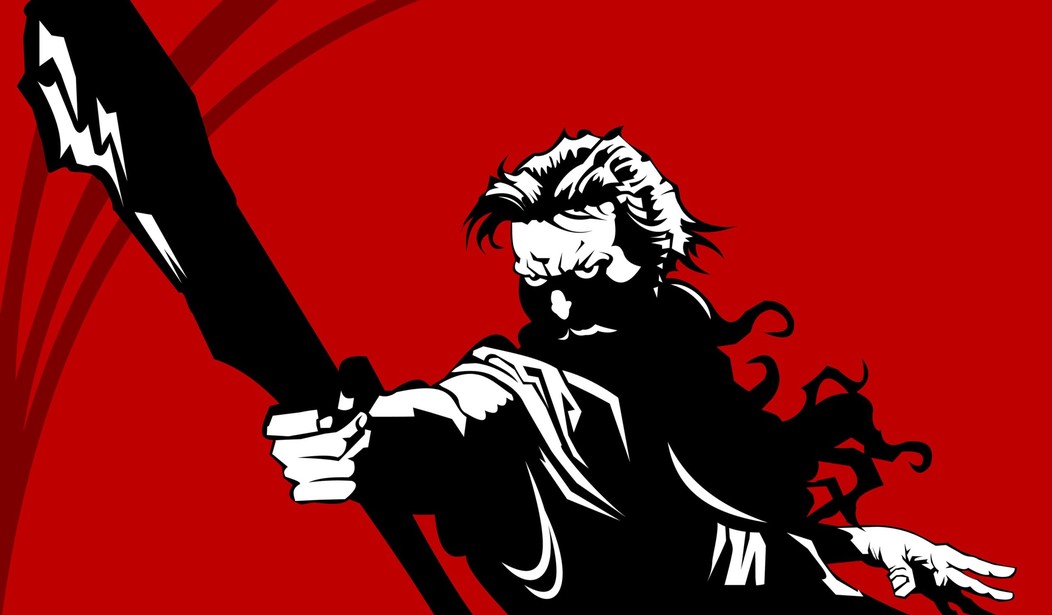The Jewish American world is kvelling over Hogwarts Haggadah by Rabbi Moshe Rosenberg from Queens, New York. Melding the traditional Passover Haggadah with J.K. Rowling’s infamous series, Rosenberg explains:
There are so many parallels between Harry Potter’s journey from unwanted orphan to the savior of wizardkind…uplifting the downtrodden, sharing our current wealth and prosperity with others, education, different learning styles, parent-child relationships, unconditional love and kinship with one another…
A Potter geek himself who hosts “Harry Potter Nights” for his students, the rabbi hit onto exactly why I detest the concept behind his Amazon bestseller:
“It’s always been a gift to have a common language with which to communicate with anyone that you’re teaching,” Rosenberg said. “And ‘Harry Potter’ has been exactly that. I can make references and illustrate points through the story or through the characters and instantly everyone knows what I’m talking about. It’s like a shorthand and a code that almost everyone understands.”
That’s what the existing Haggadah is supposed to be: A code that every Jew understands. It’s the history of a sentinel moment in our birth that acts as the cornerstone of our faith, repeated year after year, so that no matter who we are or where we are when we meet another Jew, we can say with confidence, “My father was a wandering Aramean.” Not to get too Walter Sobchak about it, but “3,000 years of beautiful tradition from Moses to Sandy Koufax” doesn’t require a pop culture figure to make it cool or accessible. In fact, throwing Harry Potter into the mix only stands to make the seder confusing for children who are now bound to grow up thinking Moses was a bespectacled British child who starred in a series of box office blockbusters.
A few years ago I did an intense study on pop-culture polytheism. Harry Potter reigned among the pantheon claiming millions of adherents in much the same way ancient gods and goddesses once did. Idol worship isn’t dead, it’s merely been tailored to the times. Today we sacrifice our money and our minds instead of our bloodied bodies at its altar, but the impact is very much the same. Defaming the biblical narrative with a pop idol can’t be reasoned away with the argument of accessibility, especially in terms of the young. Our children face a million idols every day. God knew this quite well when He instructed us to separate the holy from the profane. In asserting that Harry Potter will act, as one critic asserted, as “catalyst for [a child’s] thinking about slavery and freedom,” we presume children find the Passover story (and by implication the entire literature of the Torah) inaccessible. We also celebrate the use of a pop culture icon to illuminate our sacred past.
Plenty of publishers issue Haggadot in kid-friendly formats. There are 10-minute seders, 30-minute seders, musical seders, and rhyming seders, just to name a few that help translate the Haggadah for comprehension by the youngest of audiences. The key difference between those and the Hogwarts Haggadah is that they are not melding together pop culture and Torah history, using the profane to teach the holy.
The true question underlying any Jewish practice has nothing to do with the intent to do good and everything to do with the goal of honoring God. This is why so many religious Jews balk at the constant additions of symbolic foods to the seder plate to support the annual political cause du jour. As our journey in Sinai taught us, you can embark with the greatest of intent only to wind up inadvertently bowing to an idol in the process. Perhaps it’s time to add another chapter to the Haggadah lest we turn the traditional seder meal into a hot dish of golden calf.









Join the conversation as a VIP Member